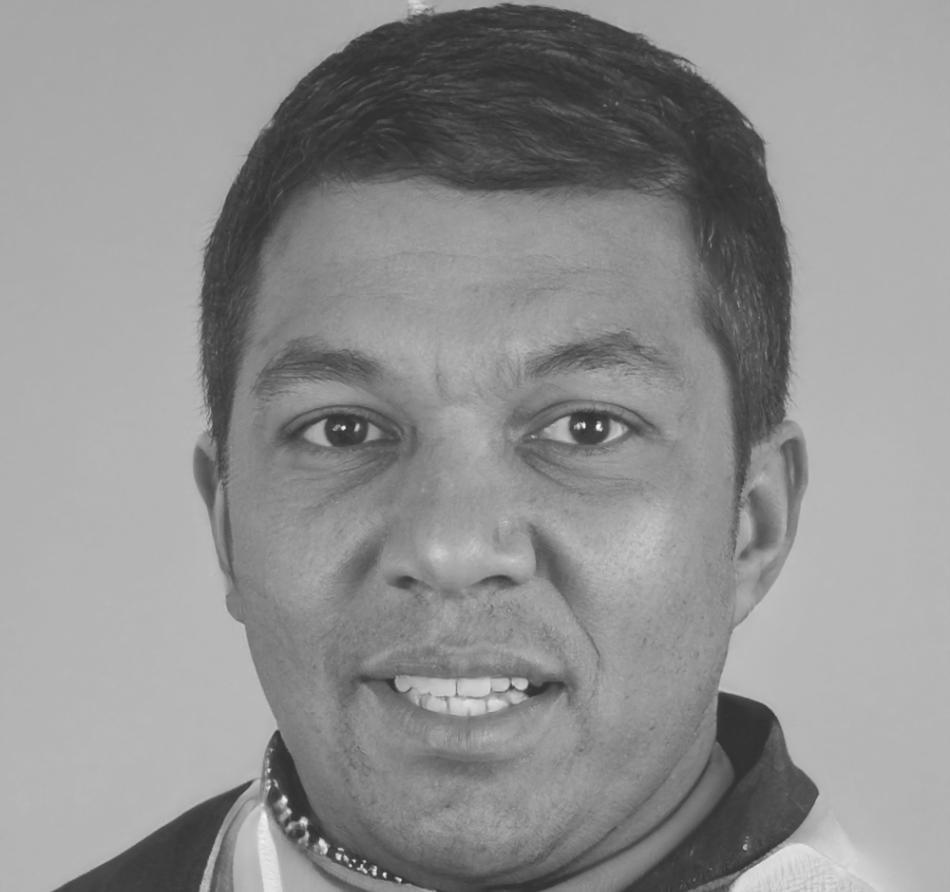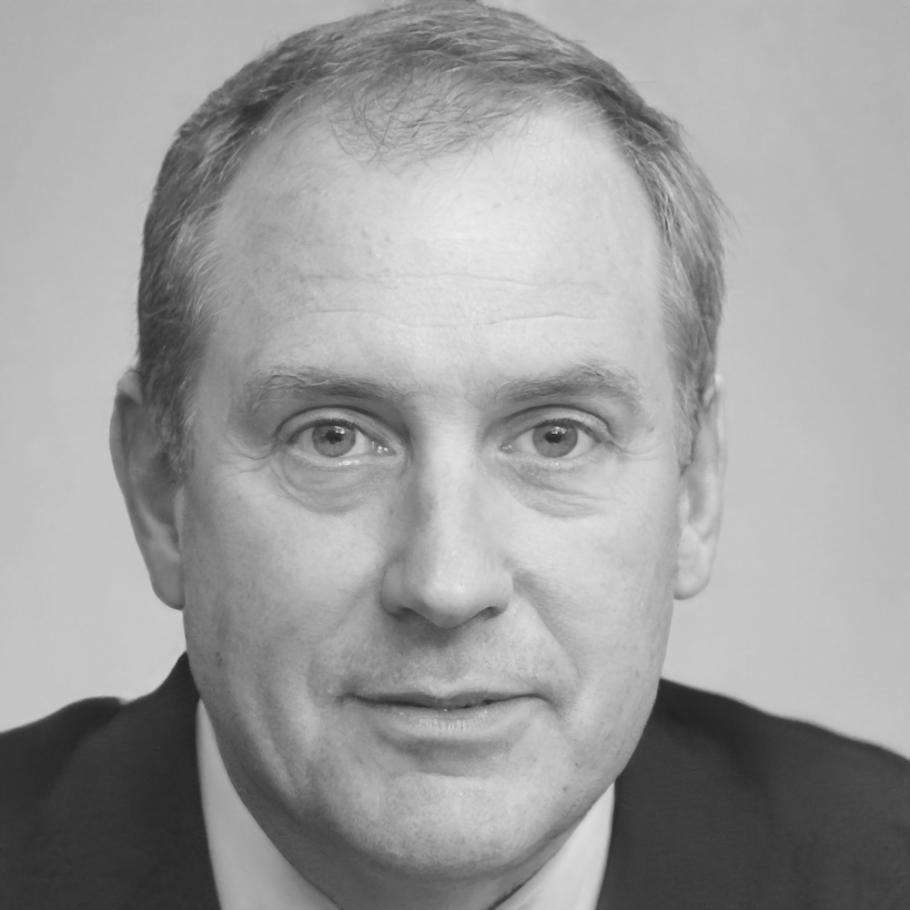Budget Mastery Program
Most people think budgeting means restrictions and spreadsheets. But here's what we've found after working with hundreds of clients in Taiwan's unique financial landscape – it's actually about creating breathing room in your finances.
This program walks you through practical approaches to optimize how money flows through your life. We focus on techniques that work with Taiwan's banking systems, tax structures, and real-world spending patterns. No theory-heavy lectures or complicated formulas. Just actionable methods you can start using right away.
Classes begin in September 2025, and we're keeping groups small – around twelve participants per session. That way everyone gets specific feedback on their actual financial situation instead of generic advice.
Reserve Your Spot
Jasper Veldman
Program DirectorI spent eight years helping businesses streamline their cash flow before realizing individuals need these same tools. When someone tells me they can't save money, I usually find they just need better systems – not more income.
Real Progress From Real People
These numbers come from participants who completed the full program between January and August 2024. Your results will depend on your situation and how consistently you apply what you learn.
Most participants report feeling comfortable with new budgeting routines within this timeframe
Of graduates reported feeling less anxious about money three months after completing the course
Average time participants take to reach their first major financial milestone after starting
Typical amount redirected toward savings or debt reduction after implementing program strategies
How the Program Unfolds
We've structured this as four distinct phases because trying to change everything at once usually doesn't work. Each phase builds on what came before, and you'll have time to practice between sessions.

Foundation Setup
Weeks 1-3 | September 2025We map out where your money actually goes right now. Not where you think it goes – where it really goes. Most people are surprised by what they find. Then we build a tracking system that fits your lifestyle instead of forcing you into some rigid template.
Pattern Recognition
Weeks 4-6 | October 2025After you've tracked for a few weeks, patterns emerge. Maybe you overspend when stressed, or forget about annual expenses until they hit. We identify your specific triggers and create workarounds that prevent problems before they start.
Strategic Adjustment
Weeks 7-10 | November 2025This is where things get interesting. You'll learn techniques for negotiating better rates, automating good decisions, and creating buffer zones in your budget. We also address Taiwan-specific issues like managing multiple payment apps and dealing with cash-heavy vendors.
Long-Term Momentum
Weeks 11-12 | December 2025The final phase focuses on sustainability. We set up quarterly review processes and troubleshoot scenarios you'll likely face in the coming year. You'll leave with a personalized maintenance plan that keeps momentum going without constant effort.

Tavian Drummond
Lead FacilitatorI used to work in corporate finance, optimizing multimillion-dollar budgets. But the same principles apply whether you're managing NT$50,000 or NT$5 million per month. The math scales, the psychology doesn't change much.
What I enjoy about teaching this program is watching people realize they already have the resources – they just needed better organization.
Get in TouchQuestions People Actually Ask
Before You Join
Do I need any specific income level to benefit from this?
Not really. We've worked with fresh graduates earning NT$30K monthly and mid-career professionals making five times that. The strategies adapt to your situation. If you're currently living paycheck to paycheck, we'll focus on creating stability first.
What if I'm terrible with numbers and spreadsheets?
Then you'll fit right in with about half our participants. We use simple tools and spend time making sure everyone's comfortable with the technical stuff. No advanced math required – if you can use a calculator app, you're good.
During the Program
How much time should I plan to invest each week?
Figure about two hours for the weekly session, plus maybe thirty minutes daily for tracking and adjustments. Some weeks need more attention when you're setting up new systems. Other weeks less once things are running smoothly.
What happens if I miss a session or fall behind?
Life happens. We record sessions and you can catch up, though participating live works better for the group exercises. If you miss more than two sessions, we might suggest joining the next cohort so you don't feel lost.
After You Complete
Will I need ongoing support or can I manage independently?
Most graduates handle things fine on their own after completion. We do offer quarterly check-in sessions for alumni who want periodic guidance, but they're optional. The goal is self-sufficiency, not ongoing dependency.
What if my financial situation changes dramatically later?
The framework adapts. Whether you get a raise, start a business, or face unexpected expenses, the core principles still apply. You'll know how to adjust your systems rather than starting from scratch.